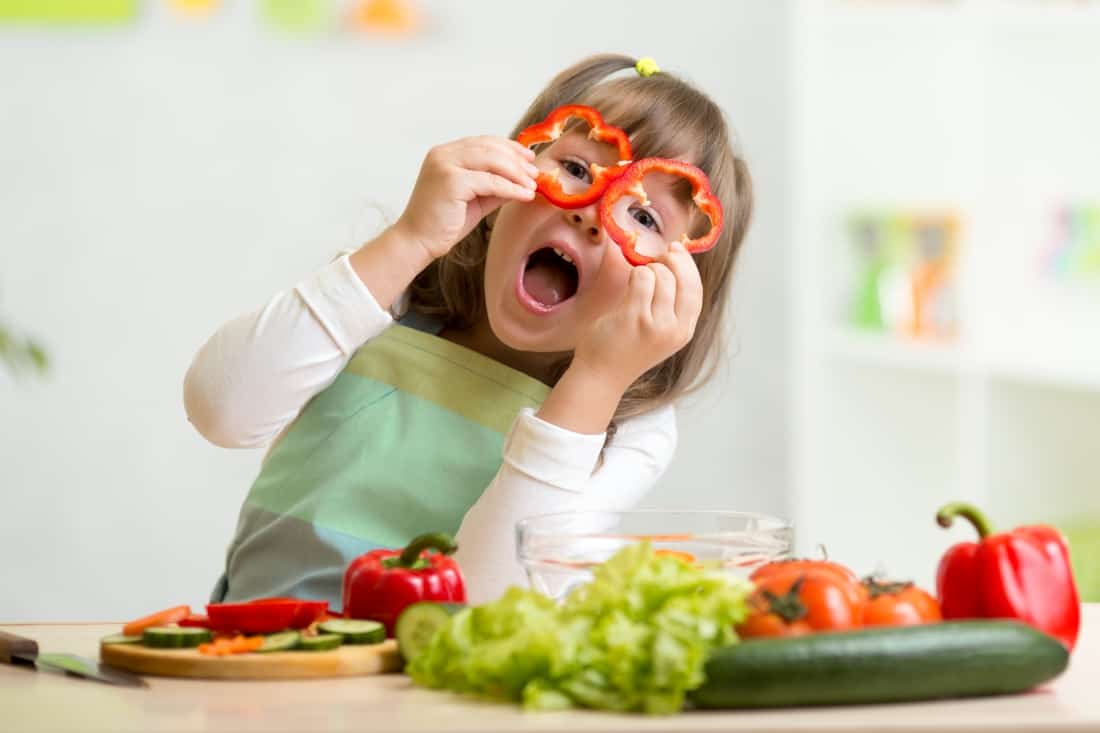
Do you have small children? If so, you may be wanting to avoid the dinner time battle in your home.
Everyone is tired from their day, and coming up with a meal that everyone will eat can be a cause of tension in every household. Here are my top tips for reducing some of the dinner time battle.
Timing. If it is possible, try and structure meals to be around the same time each weeknight. It could be a household routine that dinner begins between 6:00 pm and 6:30 pm. Pick a time that works with your family and keep it as part of the night time routine.
Create a dinner time routine. Switch off the TV, hands get washed and dinner is served. Give children plenty of notice that they are about to eat such as a 10-minute warning that in 10 minutes they will need to stop what they’re doing as it is dinner time soon.
“AVOID DISTRACTIONS AT MEALTIMES.”
No distractions. Studies show that we eat more when we watch television and eat. Children will be able to learn about their body’s cues for hunger and satiety if they are not distracted while eating.
Get them involved. Children are more likely to eat food they have helped prepare. Getting kids in the kitchen can be more time consuming for parents, so we recommend doing it on a weekend night when you have more time up your sleeve. Another way of getting kids involved is through serving the meal at the table, encouraging children to serve food onto their plate.
Watch their posture. A lot of children will squirm and fuss at the dinner table if their posture is not fully supported by their seating. Imagine trying to eat at a table that comes up to your shoulders, has no backrest and your feet are dangling. This is how a lot of children feel when they are sitting in adult chairs and tables. If children are having to work hard at sitting at the table, they will fatigue and fuss a lot more quickly. For young children, pulling off the high-chair tray and pulling them in close to the table can make them feel more included.
For all children, their hips, knees and ankles should all be at 90-degree angle and the top of the table should be around elbow height. Try adding a footrest, booster seat add in very firm cushions as backrests for extra support. It is important to have family meals at the one table, so try to avoid children sitting at children’s tables and eating separately from the rest of the family.
“ALLOW MEALTIMES TO BE FUN!”
Allow mealtimes to be fun. Children learn to eat through all of their senses and touch is very important. Young children, particularly those who are just starting solids (from 6 months of age) should be encouraged to touch, smell and mouth their foods. We may see this as an extra mess for us to clean up. However, it is an important step in your child’s development and how they learn about food and eating.
Persevere. If your child is refusing food, keep offering it to them. A lot of parents stop offering food to children after the child has refused it a handful of times. It takes on average trying a food 10 times before accepting it. For some children, it can take closer to 20 times. Try to ensure expose your children to the food. Include it on their dinner plate, or put it on the kitchen table while everyone is eating.
No bribes. Don’t offer dessert as a bribe. Children should be encouraged to eat until they are full at dinner time. Dessert can be a part of family meals. Beware though, kids can be crafty. They will quickly learn if their favourite foods such as chips, nuts or fruit are readily available after dinner. Then they will learn to reduce the amount they eat at dinner and have their preferred foods as a dessert.
Try some of these strategies to avoid the dinner time battle. Do you have other healthy strategies to help with the dinner time madness?
Louisa Stephens is a Nutritionist and Dietitian located in Brisbane. She specialises in food allergies and intolerances and is passionate about maternal and child health nutrition. To book an appointment please call 07 3088 3733 or book online.

